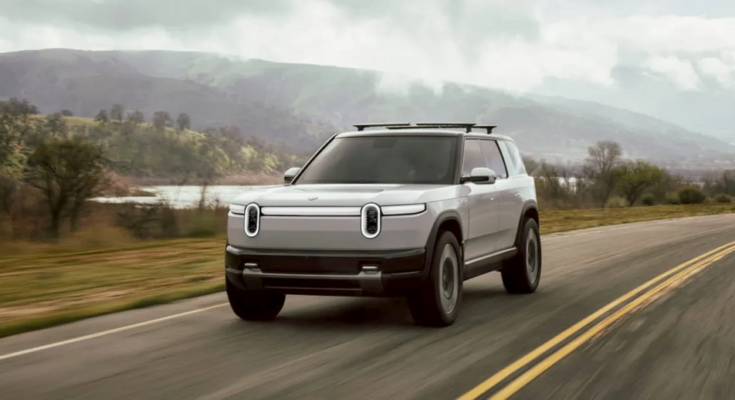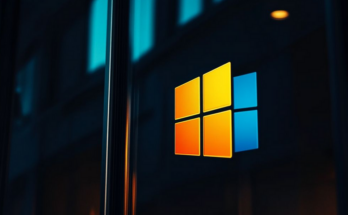Key Takeaways
- LG Energy Solution and Rivian have teamed up to offer cutting-edge battery supplies.
- Rivian’s future R2 electric cars will be powered by 4695 cylindrical battery cells supplied by LGES.
- LGES’s new factory in Arizona will produce the batteries.
The U.S. automaker Rivian and LG Energy Solution (LGES) have signed a major long-term contract for the delivery of 4695 cylindrical battery cells for the Rivian R2 series of electric cars (EVs).
According to Reuters, the advanced cells will be manufactured at LGES’s new standalone facility in Arizona, which is expected to begin operations the following year. Over the course of five years, the partnership is expected to provide 67 GWh of total energy capacity.
The newest in LGES’s cylindrical battery series are the 4695 cells, which get their name from their 46mm diameter and 95mm height. To improve EV range, safety, and energy density, they integrate 20 years of research and development. The 4695 format batteries were reportedly designed to have six times the capacity of the widely used 2170 cells.
This partnership represents a significant turning point in LGES’s endeavors to increase the number of customers it serves in the United States for cylindrical batteries. This is especially true given recent incentives from the US government under the Inflation Reduction Act that promote domestic production of EV batteries. Similar partnerships have already been formed by LGES with automakers Ford, Toyota, Hyundai, and Stellantis.
Rivian R2: New Electric Vehicle
More than 100,000 pre-orders have already been placed for the Rivian R2, which was unveiled earlier this year and has generated significant customer interest.
Rivian’s Illinois plant is expected to start producing these EVs in 2026, in time for the first battery deliveries from LGES’s Arizona project.
Disappointing rival earnings
Rivian reported $874 million in revenue for the third quarter, which was more than 12% less than what analysts had predicted. A paucity of parts for the electric startup’s recently revised R1S and R1T vehicles, specifically in relation to the Enduro motor system, caused serious manufacturing issues.
The company revised its yearly production target to between 47,000 and 49,000 automobiles as a result of this supply issue. Rivian delivered just 10,018 vehicles during the quarter, despite producing 13,157, suggesting that demand for its expensive EVs may potentially be a problem. Consequently, Rivian anticipates updating its yearly adjusted earnings outlook to account for a greater loss than initially projected.
Rivian cut its operating costs in spite of the supply chain issues, which helped bring its losses down to $1.1 billion. In addition to commercial vehicles sold mostly to Amazon, the firm is currently concentrating on cost reduction, efficiency enhancements, and promoting its next-generation R1T truck and R1S SUV.
To help with financial relief, Rivian has started manufacturing a tri-motor version of its R1 cars and announced a collaboration with the previously stated LG Energy Solution. It is expected that the R2 platform will be essential to the business’s future expansion.



